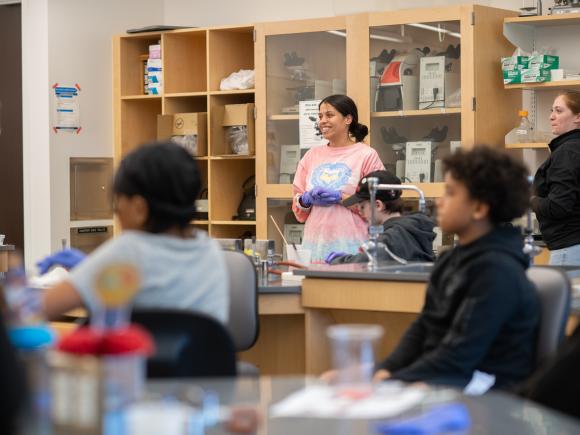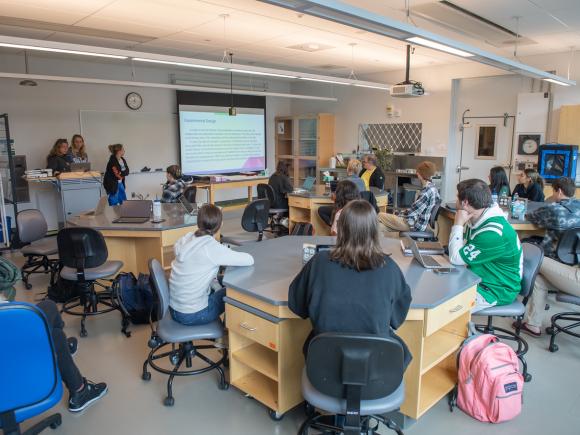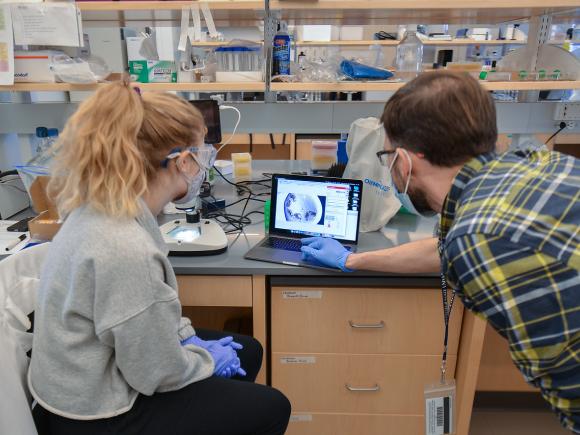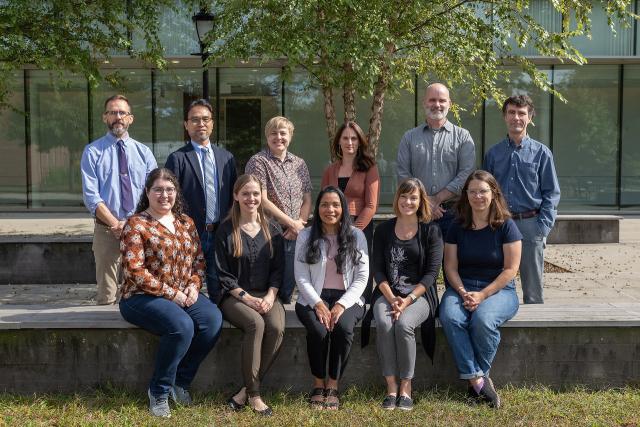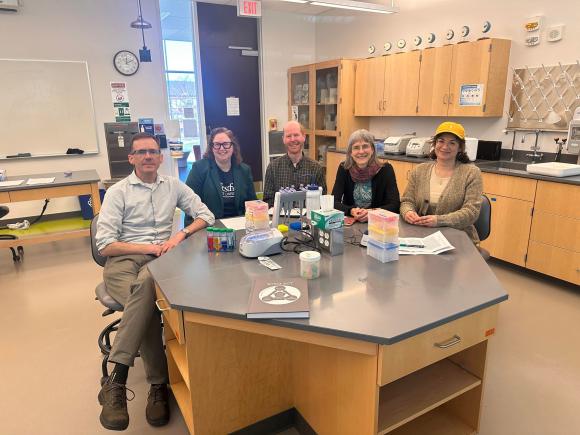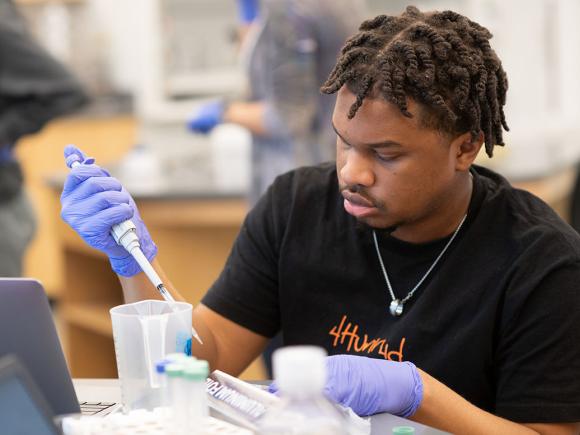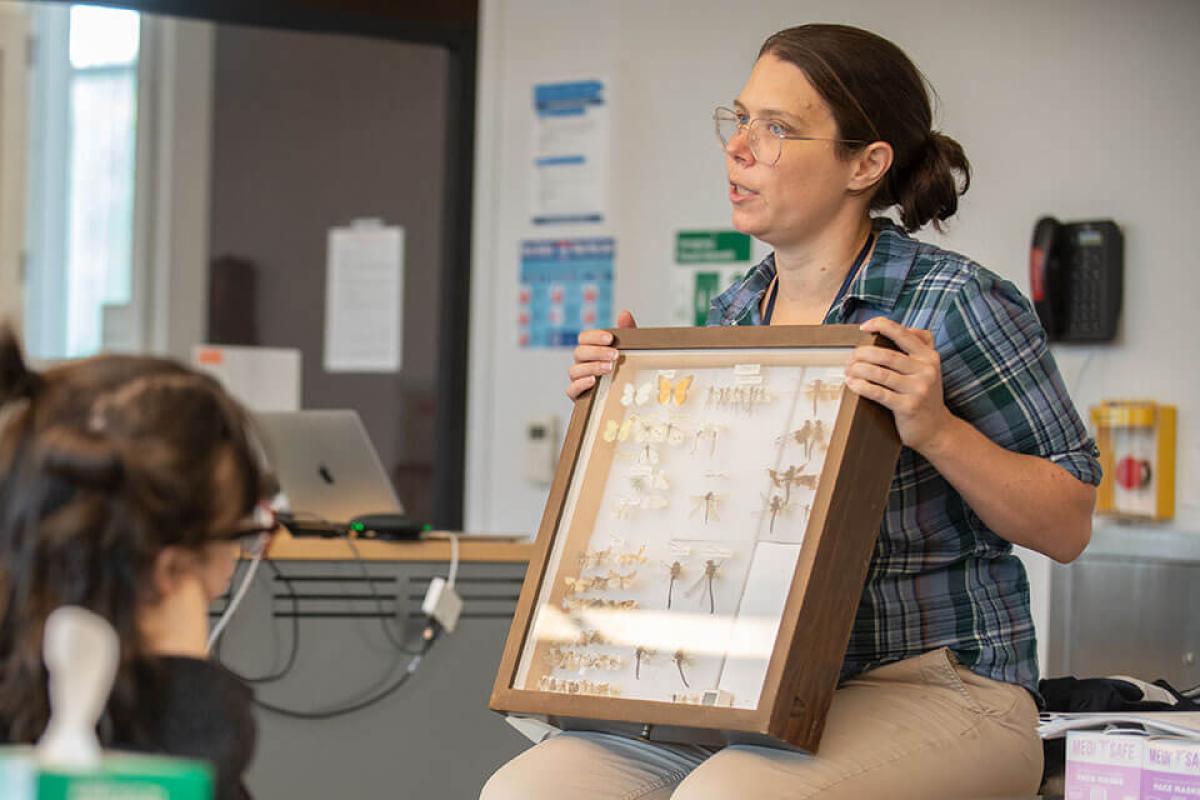
Westfield State University’s Biology Teacher Education Program, in collaboration with the Education Department, provides a comprehensive pathway to licensure as a Teacher of Secondary School Biology. Approved by the Massachusetts Department of Elementary and Secondary Education (DESE) and accredited by the Association for Advancing Quality in Educator Preparation (AAQEP), the program equips students with the knowledge and practical skills needed to teach biology at the high school level.
Students complete a robust curriculum that combines biology coursework with professional education sequence courses, focusing on teaching methods, special education, and multicultural education. The program includes hands-on field experiences, practicums, and internships, allowing students to apply their learning in real-world teaching settings. With courses in biology, chemistry, and specialized seminars, students gain the expertise needed to teach effectively. By meeting all licensure requirements, including passing the Massachusetts Tests for Educator Licensure (MTEL) and maintaining a strong GPA, graduates are fully prepared to enter the teaching profession and make a meaningful impact in the classroom.
